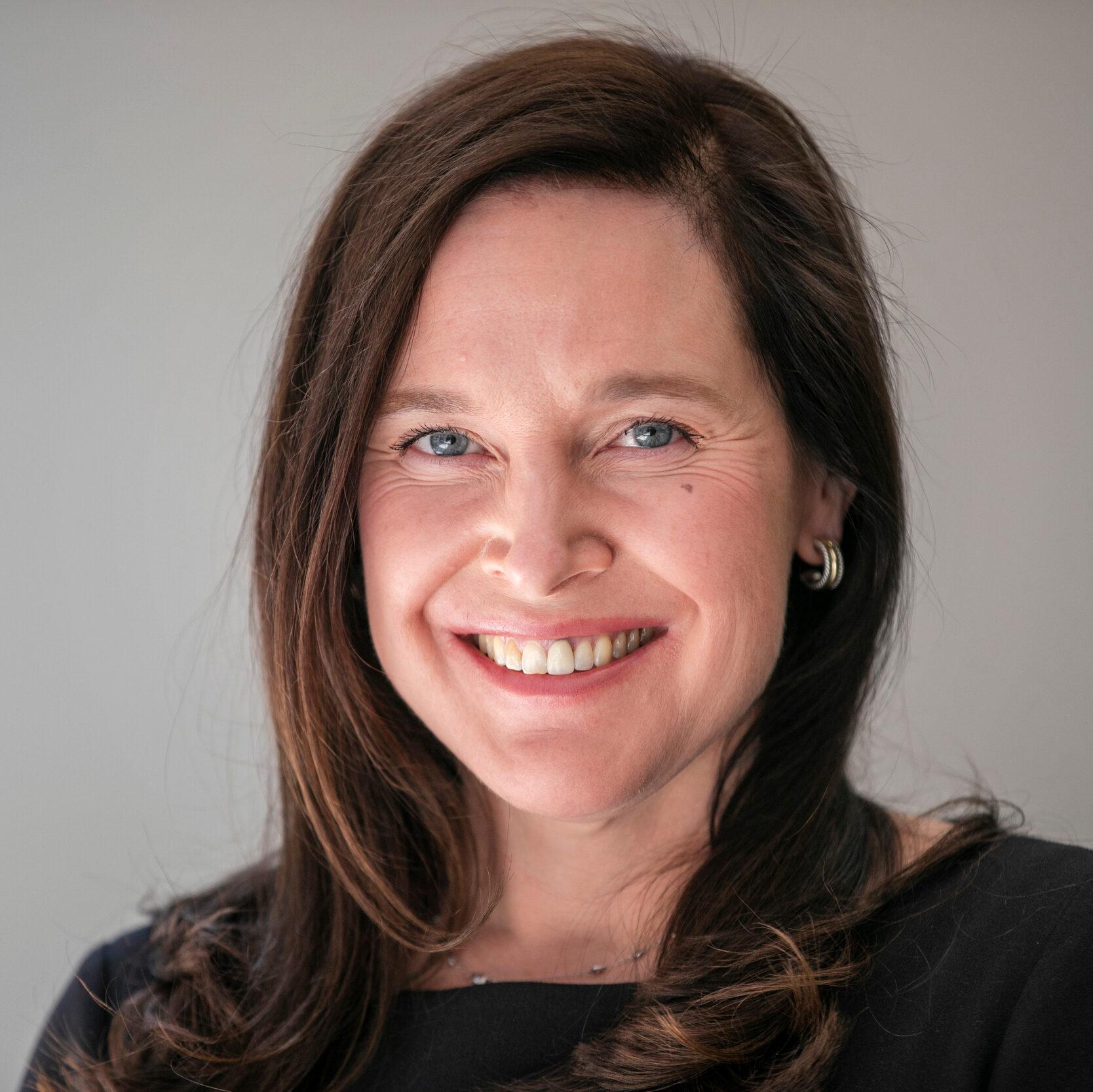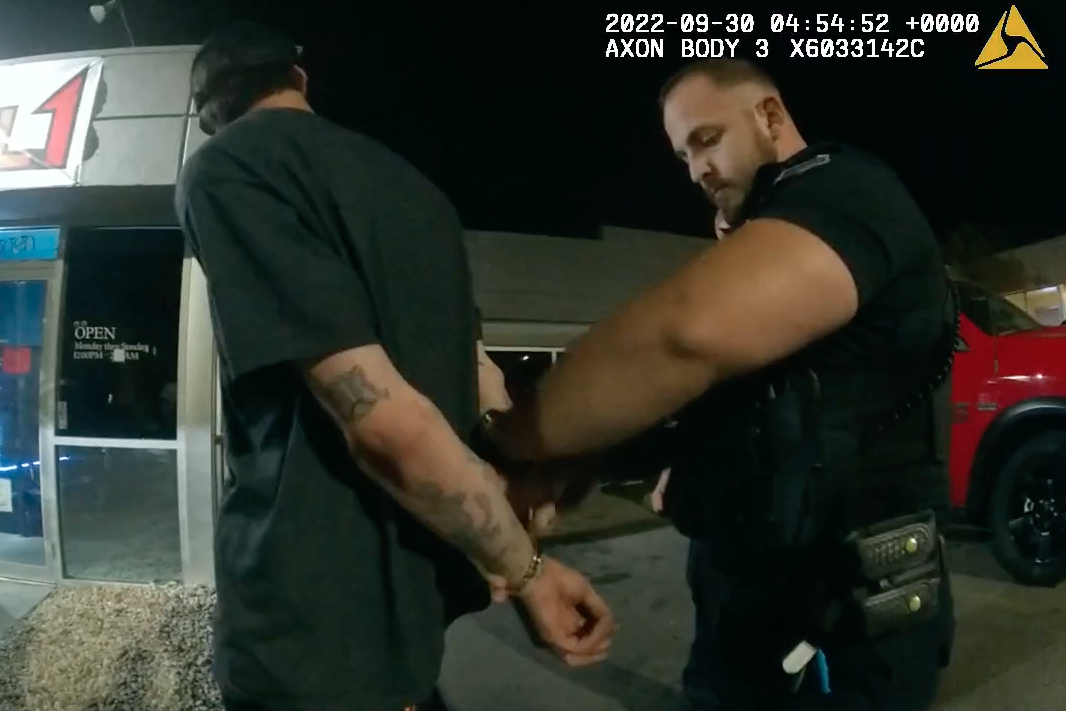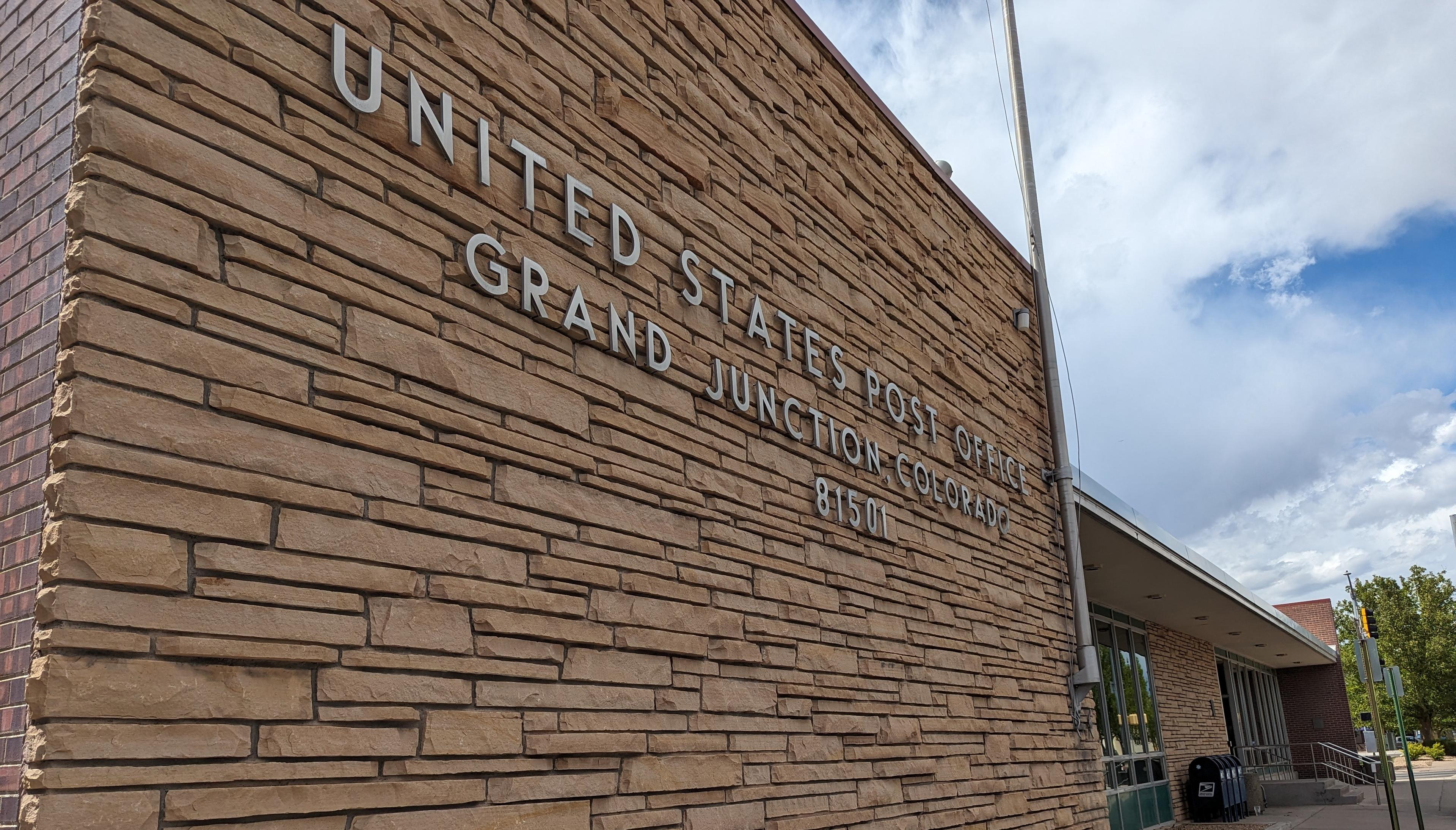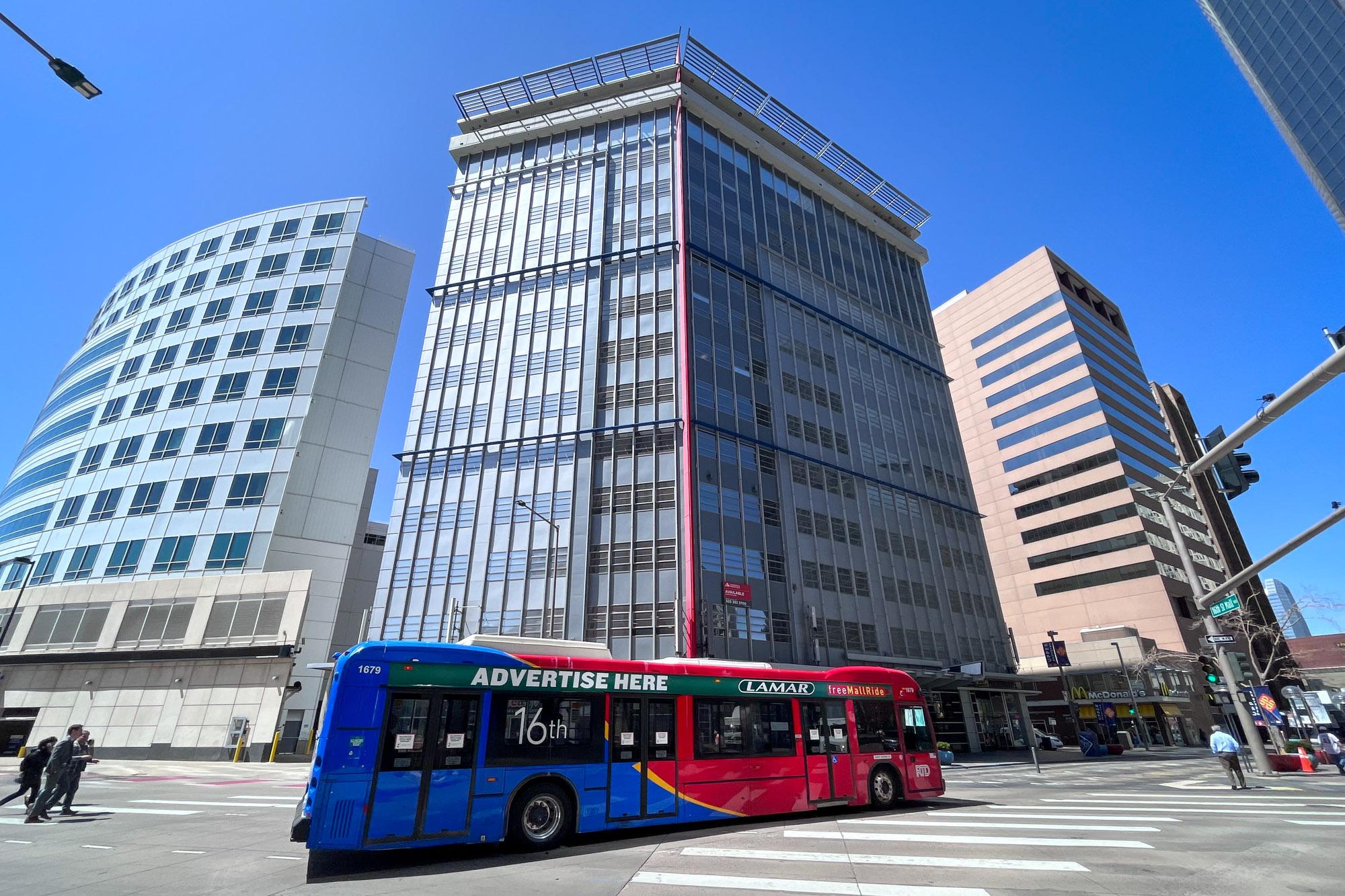
Regardless of the district they represent, when Colorado lawmakers return home there's a good chance it's to a place where housing is sparse and office spaces are empty.
The broad scope of the state's housing crisis and flagging commercial real estate market has lawmakers from Delta and Denver working together on a measure that would provide millions in tax incentives for developers who can turn empty commercial trash into residential treasure.
“Whether we're talking Denver that has 30 percent vacancy, or Delta has 30 percent vacancy, both downtowns definitely could stand to have a population come back and to create a vibrant economic community in the heart of the city,” said Rep. Matt Soper, a Western Slope Republican and one of the House Bill 1125's co-sponsors.
The measure would provide millions of dollars of income tax credits for projects that convert commercial space to residential in hopes of jumpstarting a conversion process that developers say is plagued with high costs and delays.
Here’s how two distinctly different downtowns view the plan.
Denver
Denver’s 16th Street Mall was quiet on a recent Thursday afternoon. The shuttles were running, and cars were whizzing by on Broadway, but one critical element of hustle and bustle in the city’s business district was largely absent: people.
That empty vibe is a big problem for a lot of downtowns these days. Office workers haven’t fully returned since the pandemic. Fewer people at the office means fewer people eating at restaurants, and fewer people shopping during lunch breaks. It’s a vicious cycle, and Denver is caught in it.
As it stands currently, it doesn’t look like things are going to change anytime soon, according to John Borst, the owner of the Petroleum Building, a 14-story office tower on the 16th Street Mall.
“Those businesses that have decided to bring their workforce back downtown have at this point,” Borst said. “I think that we've kind of hit a plateau in that regard. Unless some major changes happen, I pretty much see things being status quo for the next couple years.”
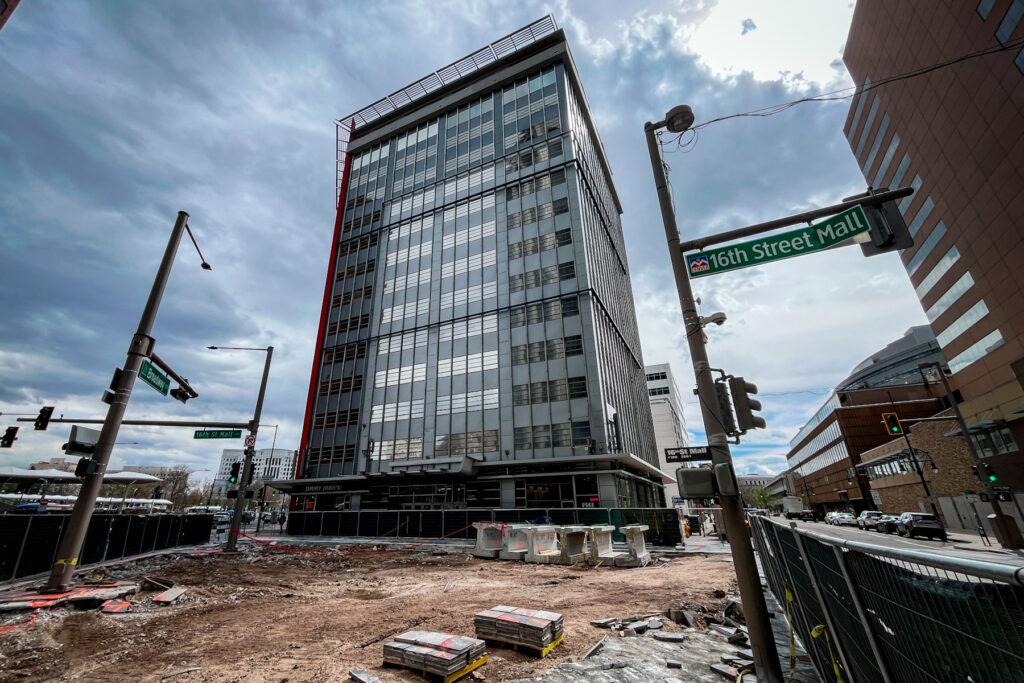
Borst has been planning major changes at his building for a while. He filed a plan with the city to convert the 1950s-era skyscraper into residential units more than two years ago. The sidewalk out front is ripped up due to ongoing construction on the mall, but aside from that, nothing has really changed.
“A lot of major contractors haven't worked on a project like this. So navigating that uncertainty with vendors, with partners and other individuals has taken a lot more time than we expected,” Borst said. “The economics behind the project are somewhat of an unknown in the sense of these conversions have happened before in the city, but not in this economic environment.”
Landlords like Borst will need to figure something out. The role of office buildings, and where they fit into the downtowns of the future, has changed. For properties like the Petroleum Building, which is 70 percent vacant, things will never go back to the way they were.
Many Coloradans probably think of Denver when they hear about vacant office space, but other parts of the state are also struggling with a glut of empty commercial space. One obvious idea is to turn it all into apartments to help with the statewide shortage of affordable housing. But, as the situation at the Petroleum building shows, that’s easier said than done.
“What we can do is plant the seeds for something that can really yield rewards for the people of Colorado in terms of meeting a desperate housing demand with what is, I would say, probably a desperate [commercial] real estate market,” said Rep. Alex Valdez, a Denver Democrat and one of the bill’s sponsors.
Delta
Rep. Matt Soper, a Western Slope Republican, is another of the bill's sponsors. There aren’t a lot of skyscrapers in his district, but there’s still plenty of commercial space going unused.
He said both downtowns need to have more people.
Chris Miller heads the Downtown Delta Partnership. She thinks converting empty, second-floor commercial space into apartments will trickle down to the retail centers below, keeping the area thriving.
“This year [Delta’s] 142 years old. I want it to be here for another 142 years and my kids are still here. So I think they'll appreciate it as much as I have, and it needs to be preserved,” Miller said.
Miller is working with a handful of property owners who are exploring how to add housing downtown. There are seven commercial properties on Miller’s list of buildings that could be turned into residences.
Hartland Clubb Jr. is one of the landlords working with Miller. His family has owned a property on Main Street since 1968.
“The best value for this square footage is residence. It's just by far and away the best,” Clubb said.
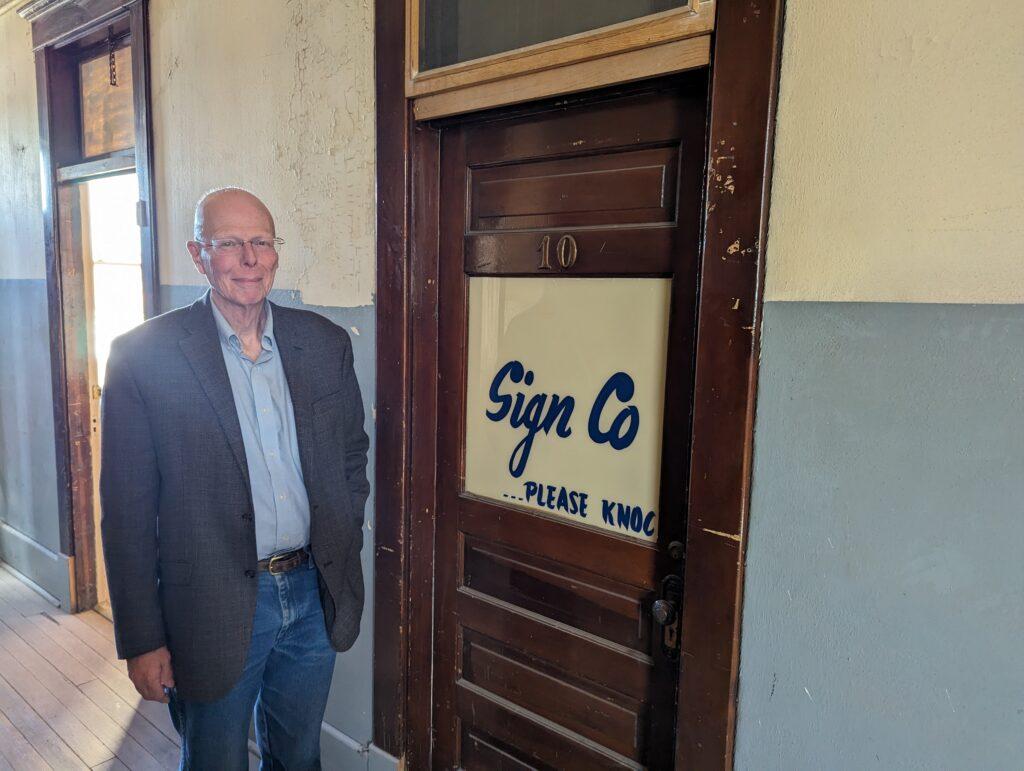
Whether in Denver or Delta, these types of conversions are expensive. In some instances, the cost of rehabilitation is about the same building from the ground up. But demolishing buildings isn’t great for the environment, as the concrete and steel will end up in a landfill.
The legislation under consideration might help some projects on the margins, but it’s too small to make a dent in the bigger problem. Valdez of Denver said it’s meant to create a roadmap for what’s possible.
“What we're hoping is that this will actually fuel some sort of an innovative project, a pilot project, to show the viability of this in concept,” Valdez said.
